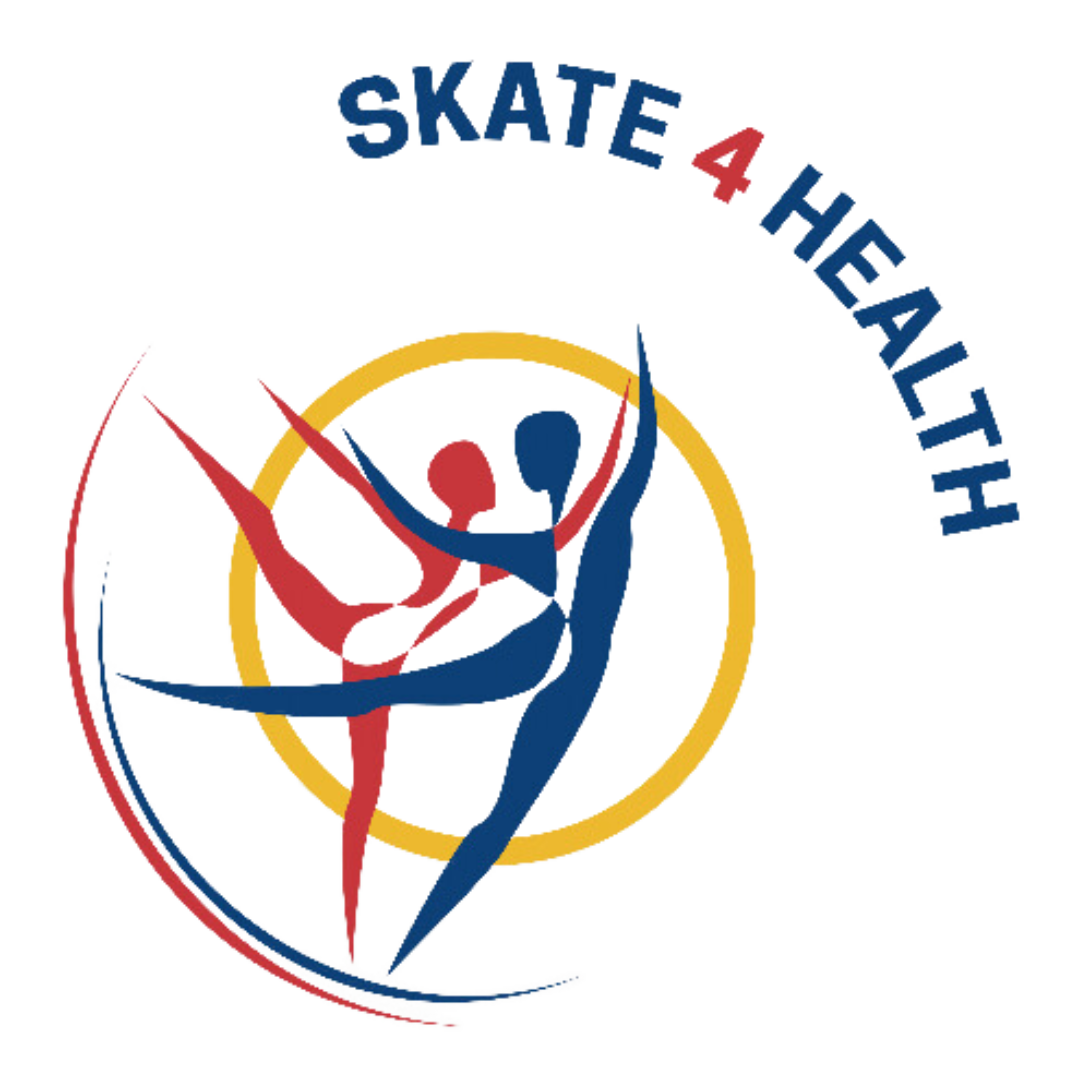Frequently Asked Questions
Welcome to the Frequently Asked Questions (FAQ) page of the Skate for Health project!
Here, we’ve gathered the most commonly asked questions to provide you with all the necessary information in one place.
If you have additional questions not covered here, feel free to contact us through our contact page.
Join Us for an Inspiring Perspective: Coach Dasha Grm on Skating and the Project!
Coach Grm brings a wealth of experience and a passion for promoting physical activity and healthy lifestyles among children.
Ideal time to start ice skating?
The time to learn to skate is not defined. It is ideal to start skating as early as possible, so that the child can take his first steps on the ice as early as 4 years old.
How often are the ice skating sessions held?
Skating school takes place during the week almost every day, including ice training and “dry training”.
Are the training sessions only on the ice?
Training on the ice is the basis for the development of the skater. In addition to those trainings, dry trainings are needed in order to train the elements, build the necessary condition and strength.
What should the child wear?
Clothing should be comfortable and warm.
– You should not wear thick socks. The socks should be above the top of the skate boot
– Dress in layers, depending on how fast you skate you may need less heat so you can easily remove layers
– Gloves are necessary to keep hands warm and protect from falling
– Do not wear scarves on the ice
Do we have to buy ice skates?
To begin with, it is not necessary to buy skates.
What are the first steps?
At the beginning of each season, we offer training in our skating school. A specially designed program for children aged 3 to 5 years, for the first steps on the ice, so that children learn what it means to be a skater in a fun environment. Every child has the opportunity to build self-confidence within their capabilities they go through fun activities and games in a positive environment. Young skaters have the opportunity to progress and learn more demanding skills on the ice.
What are the benefits of Ice skating?
Ice skating is a life skill that improves balance, fitness and strength. Skaters learn how to skate AND how to fall AND stand up, how to tie skates the right way. Persistence, endurance, perseverance, spatial orientation that develops in particular, the center for balance develops – “Monkey see, monkey do”. It is recommended for all types of respiratory problems.
Are there any safety precautions parents should be aware of for ice skating sessions?
Safety is our top priority during ice skating sessions. Parents should ensure that their children wear appropriate safety gear, including helmets, knee pads, and elbow pads, to reduce the risk of injury. Additionally, children should be supervised by qualified instructors and adhere to rink rules and regulations at all times. Parents are encouraged to communicate any concerns or special considerations to our staff to ensure a safe and enjoyable skating experience for their children.
How can children improve their skating skills outside of scheduled sessions?
Children can improve their skating skills outside of scheduled sessions by practicing regularly and participating in additional training opportunities, such as private lessons or open skating sessions. We also offer resources and tips for at-home practice to help children reinforce their skills and build confidence on the ice.
Are there any special events or activities related to ice skating for children?
Yes, we organize special events and activities related to ice skating for children, including themed skating sessions, holiday events, and competitions. These events provide children with unique opportunities to showcase their skills, connect with other skaters, and have fun on the ice.
How can parents support their children's interest in ice skating?
Parents can support their children’s interest in ice skating by encouraging them to practice regularly, providing positive reinforcement and encouragement, and attending skating sessions and events to show their support. Additionally, parents can help their children set goals, track their progress, and celebrate their achievements on their skating journey.
Question?
Thank you for visiting our Frequently Asked Questions (FAQ) page.
We hope we’ve provided you with all the necessary information, but if you have any further questions, feel free to contact us!
